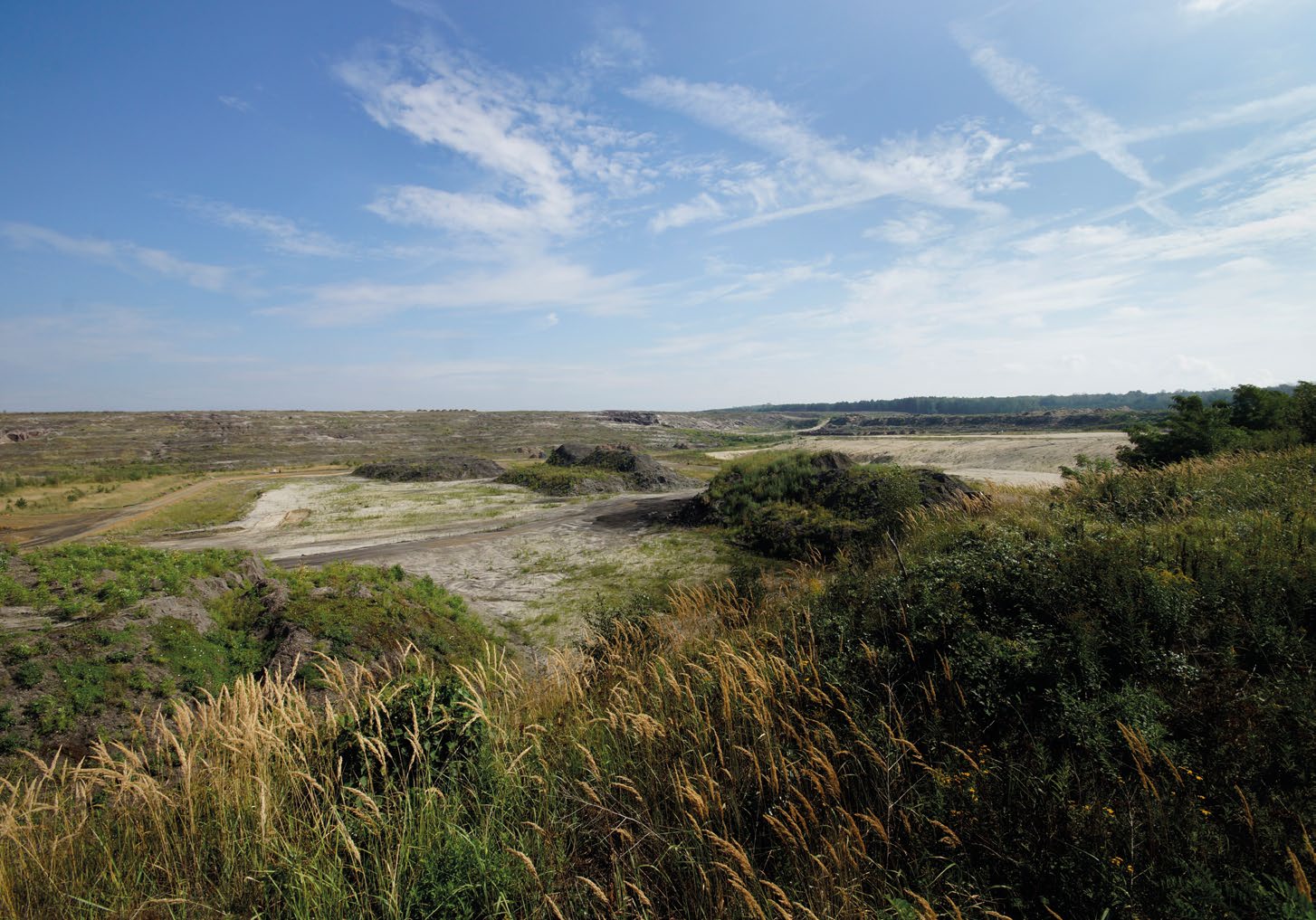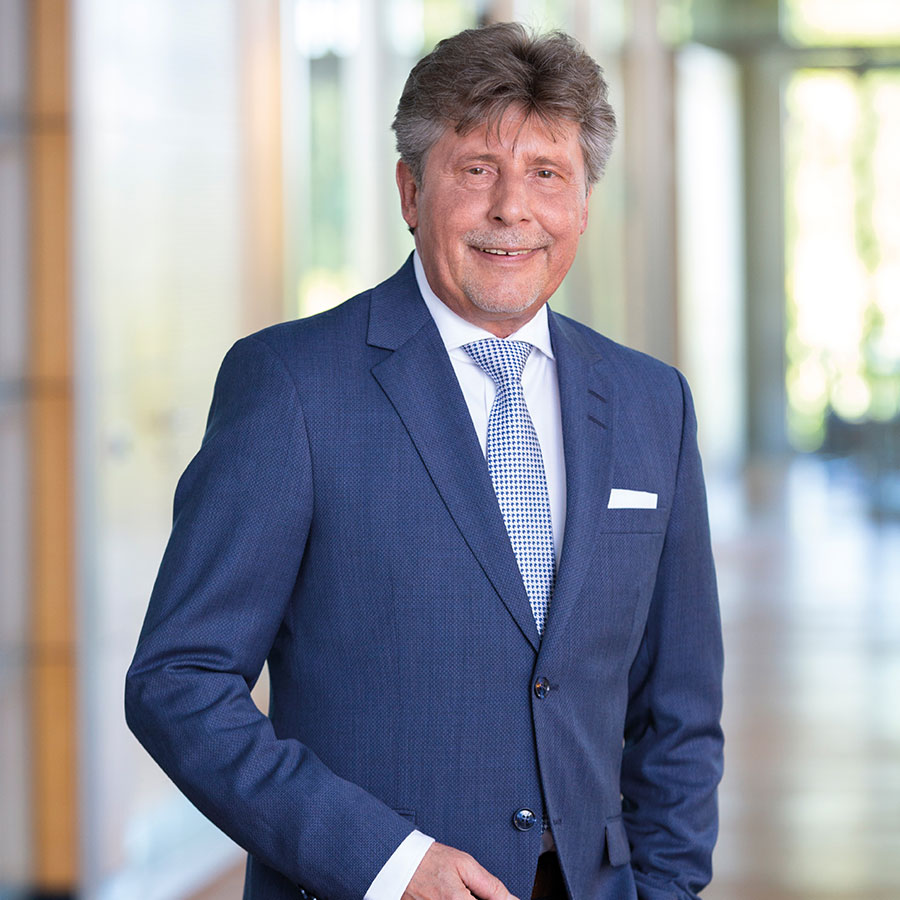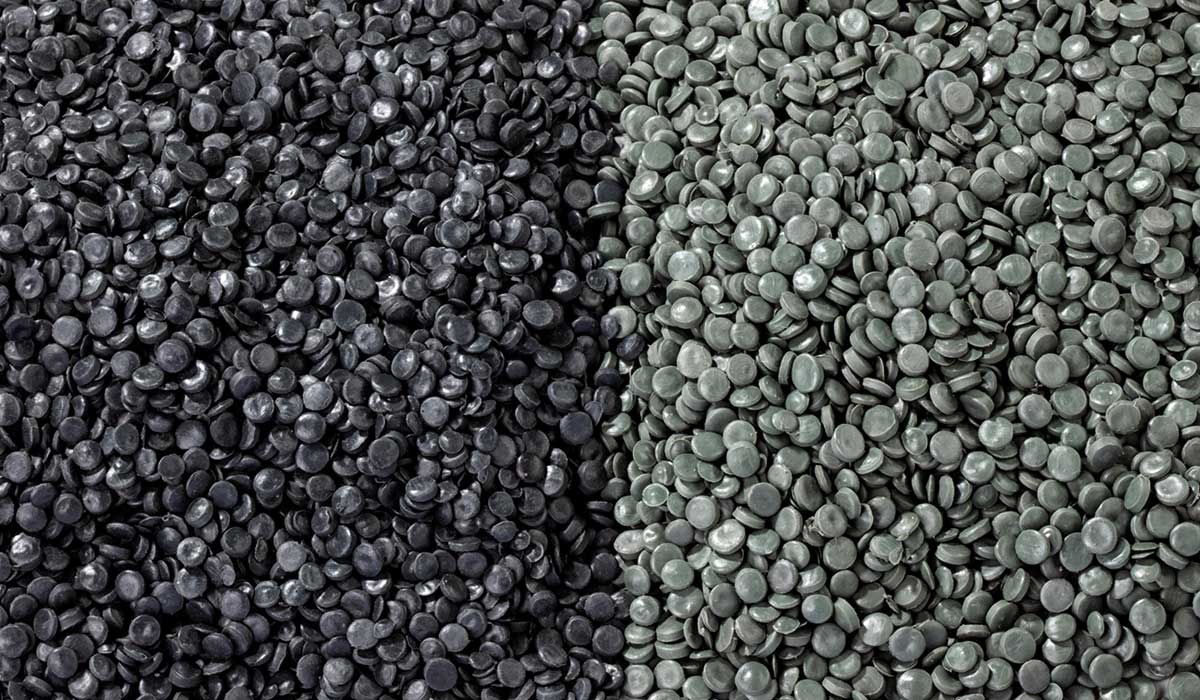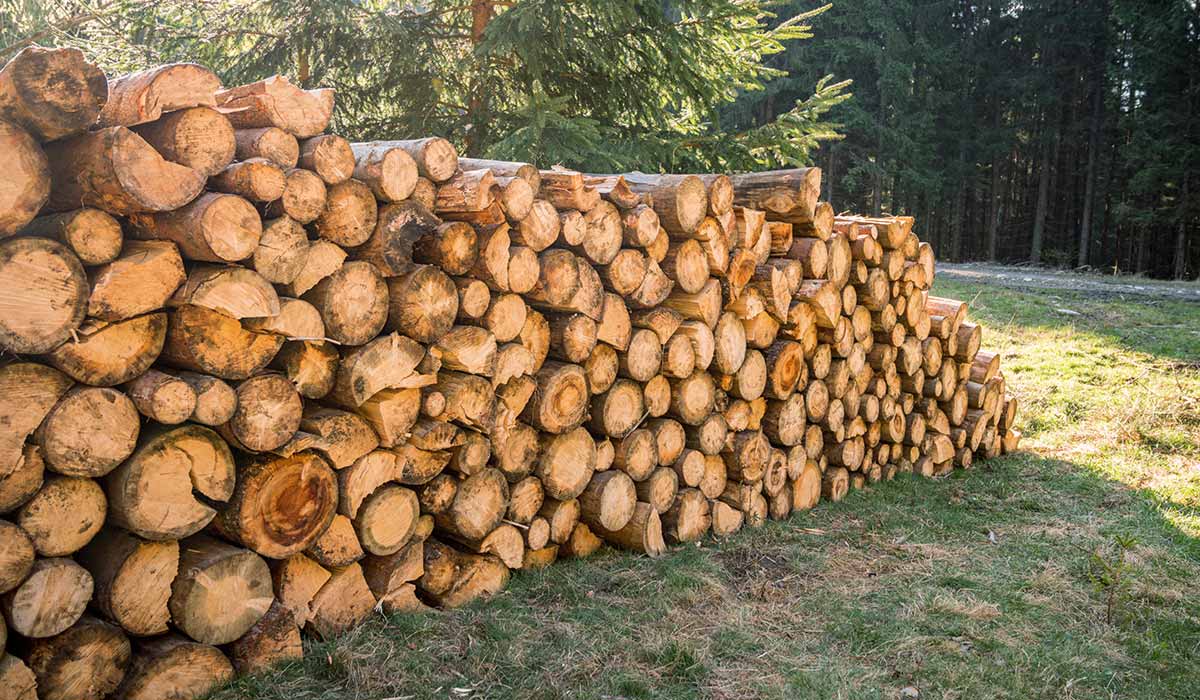
The Green Deal
On course for a circular economy
The basic outlines of the "Green Deal" were already made public last year; details on its content followed in 2020. A number of measures are also on the agenda for 2021. What this EU-wide plan to significantly reduce CO2 emissions means for the environmental service branch is outlined by Michael Wieczorek in his function as managing director of Lobbe Entsorgung West and state spokesman of the BDE Regional Association West.

What does the Green Deal mean in concrete terms?
Europe is to be climate neutral by 2050. With the "Green Deal", the European Commission has developed a package of measures to pursue this goal. Concrete approaches promote a "more circular economy" and focus on "more sustainable products". The actors of the circular economy are of particular importance here. By collecting and processing recyclable materials, they form the basis for a closed product cycle.
What are the key issues for the waste management industry?
Recycling is increasingly coming into focus as a result of the Green Deal and is also becoming more relevant for companies outside the circular economy. This includes, for example, the systematic use of recycled materials to replace primary raw materials whose CO2 balance is significantly worse. The necessary course must be set by the legislator if ecological sustainability, resource conservation and climate protection are to be of primary importance in the future. The introduction of a statutory minimum share in products would be an important and sensible signal. But green procurement by the public sector also offers enormous potential. With a volume of about 350 billion euros per year, this segment is by no means negligible. Often, only the price decides on the award of a contract; ecological criteria are given almost no consideration.
What is the significance of the Green Deal for the waste management industry?
For the entire industry, the Green Deal can be a quantum leap. Not least because the return of recyclable materials into the cycle is borne by it. Light packaging from private households is already a practical example.
How does the process work in detail?
After collection, the light packaging is prepared for recycling in the sorting facilities. For this purpose, the individual material groups are separated according to strict requirements and specifications. Different processes then take effect in the recycling plants. In the case of plastics, the sorted materials are re-selected, intensively cleaned, melted down and processed into granulate. The high-quality recyclates are used in a wide variety of products. Customers of our recycling plant in Schwerin can seal their products with the Blue Angel if they use our granulates.
Doesn't this also consume a lot of energy and emit CO2?
The entire German circular economy has moved a lot in the last few years and contributed to considerable CO2 savings. According to the Federal Environment Agency, we are talking about CO2 equivalents of 56 million tonnes. And that within 20 years. This look back makes it clear which challenges and potentials have to be mastered and raised at the same time in the next 30 years.
What is Lobbe doing to save CO2 emissions?
We continuously invest in modern and environmentally friendly technology. This applies to our vehicles as well as to our machinery and equipment. We also regularly check our operational processes. Both our sorting facilities in Iserlohn and Gernsheim and the recycling plant in Schwerin have a certified energy management system. In addition, we train our vehicle drivers to drive in a fuel-reduced manner. Emitting less and less CO2 is the standard by which we must and want to be measured in the future. Moreover, we are examining and planning further projects for the production of recycled materials.
Our declared goal is to make a significant contribution to the German and European circular economy in the sense outlined above. In this way, we manifest our claim to help shape a more climate-neutral and resource-conserving living space for our future generations.

